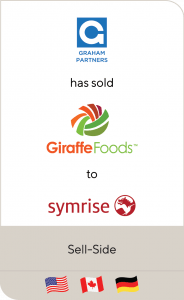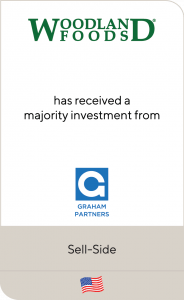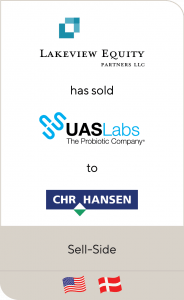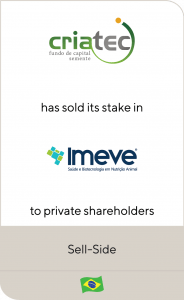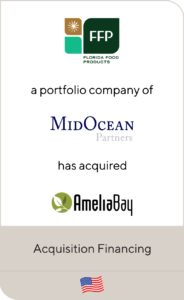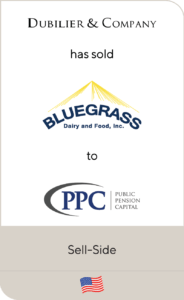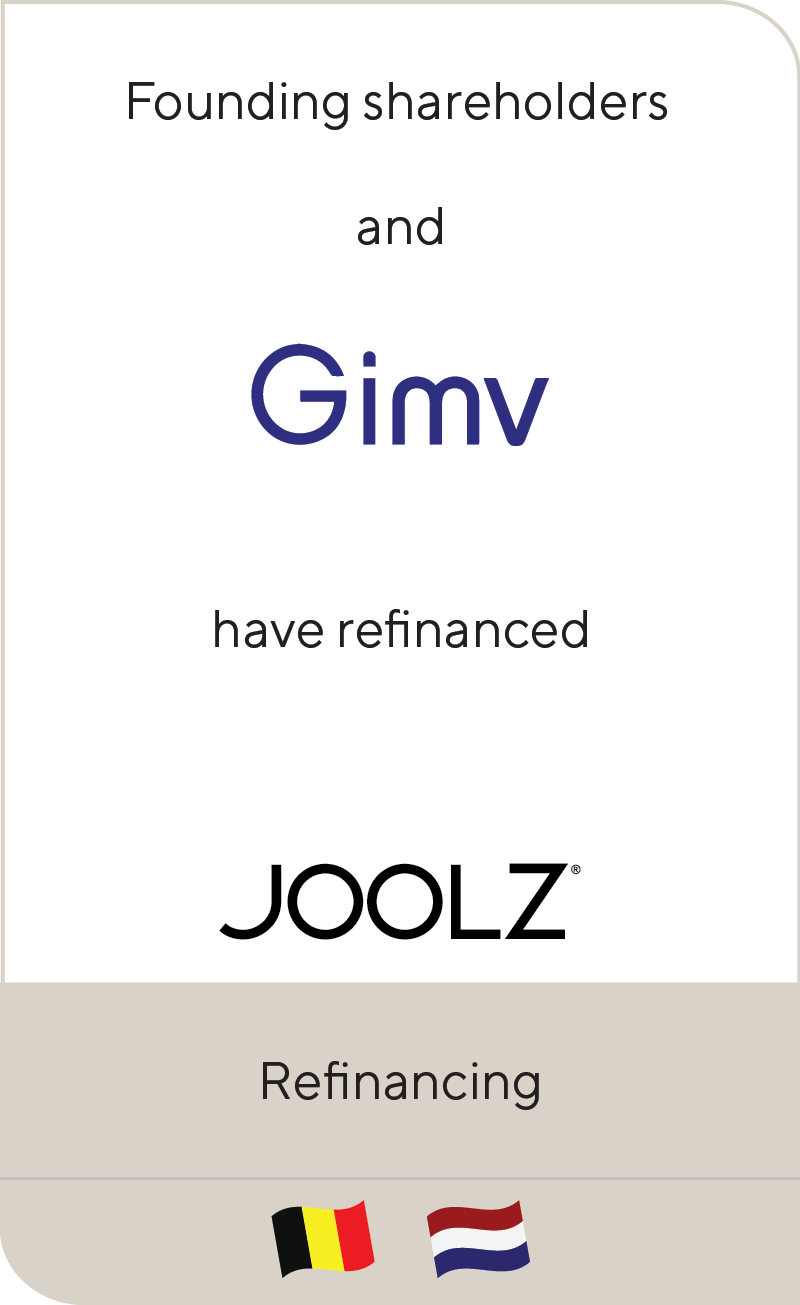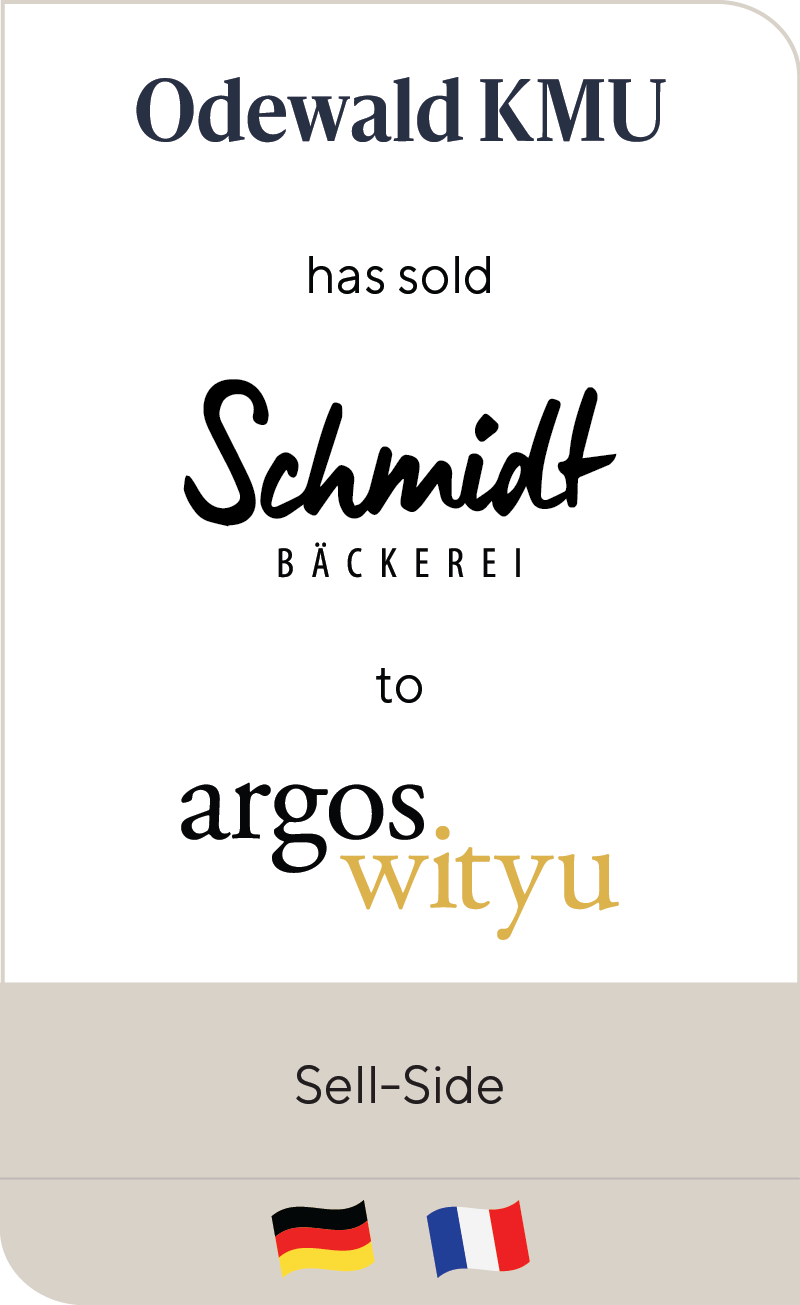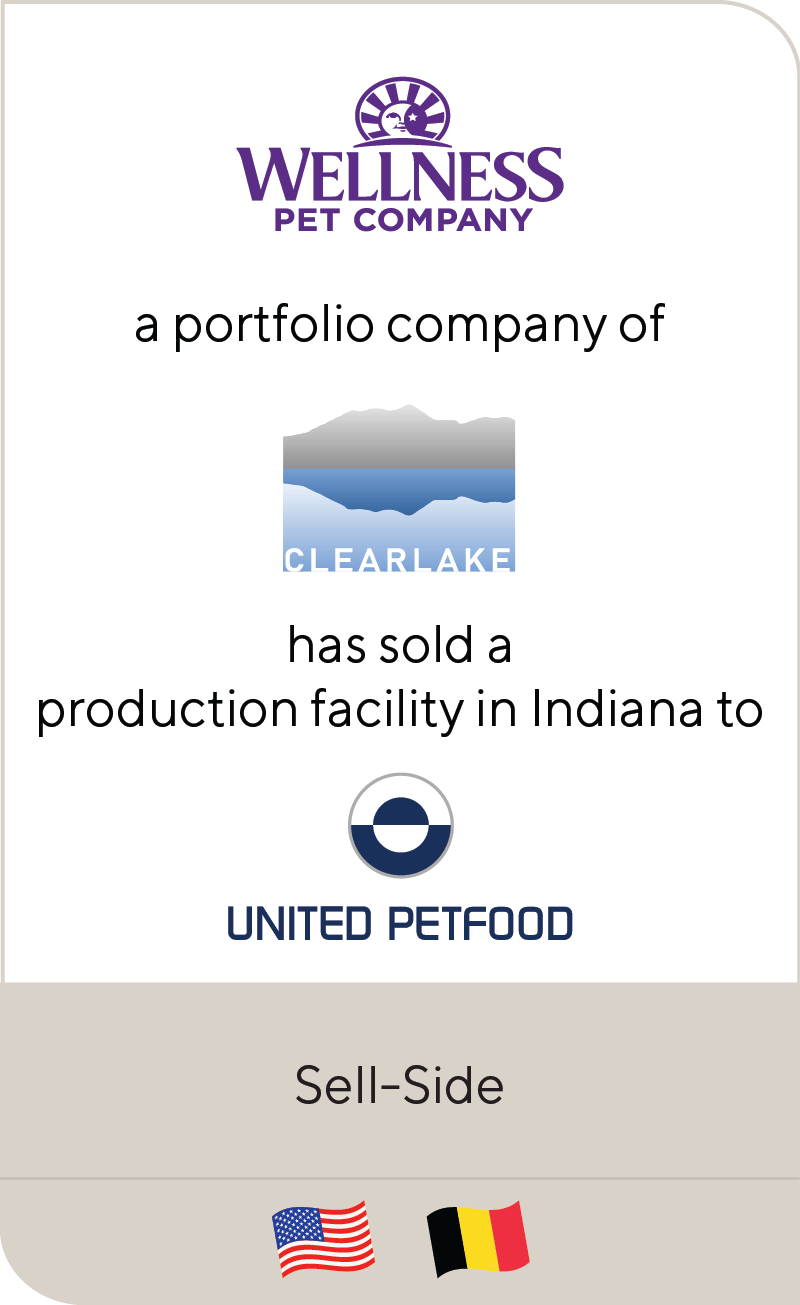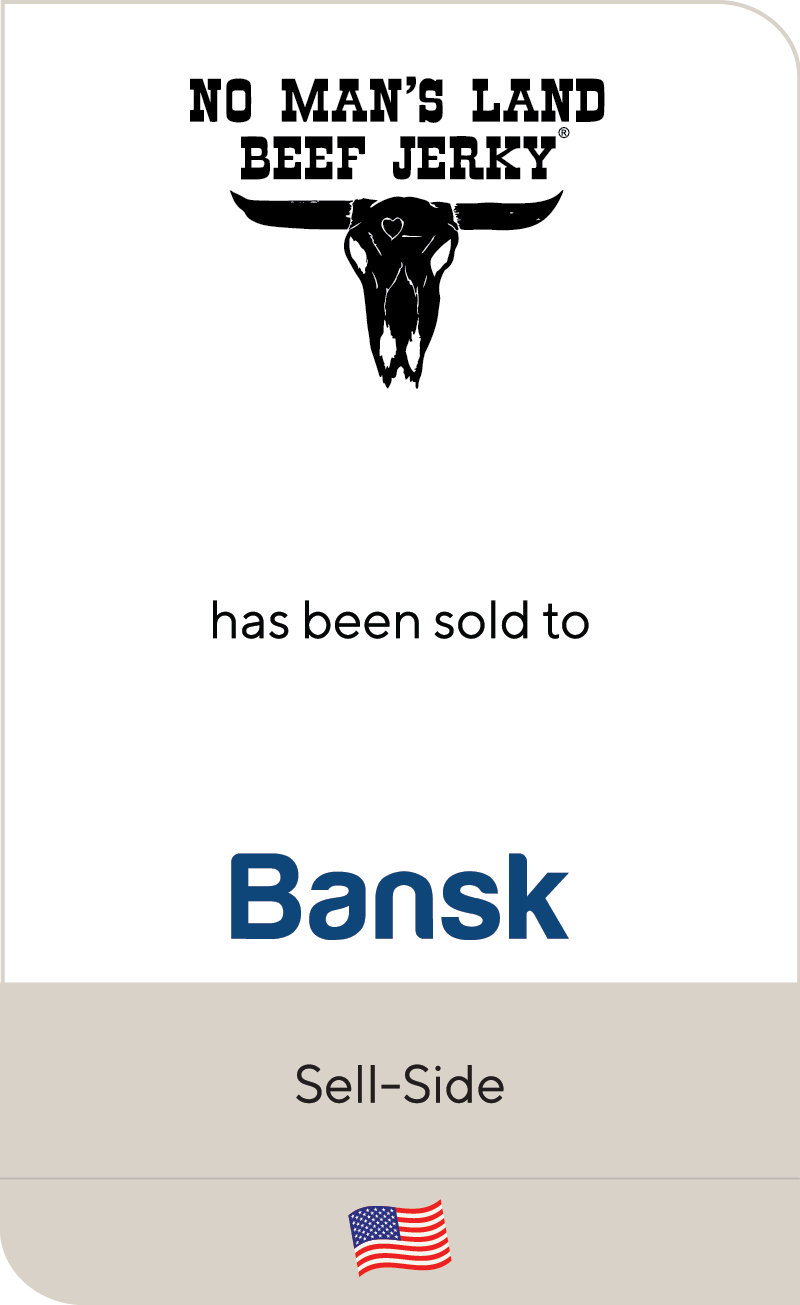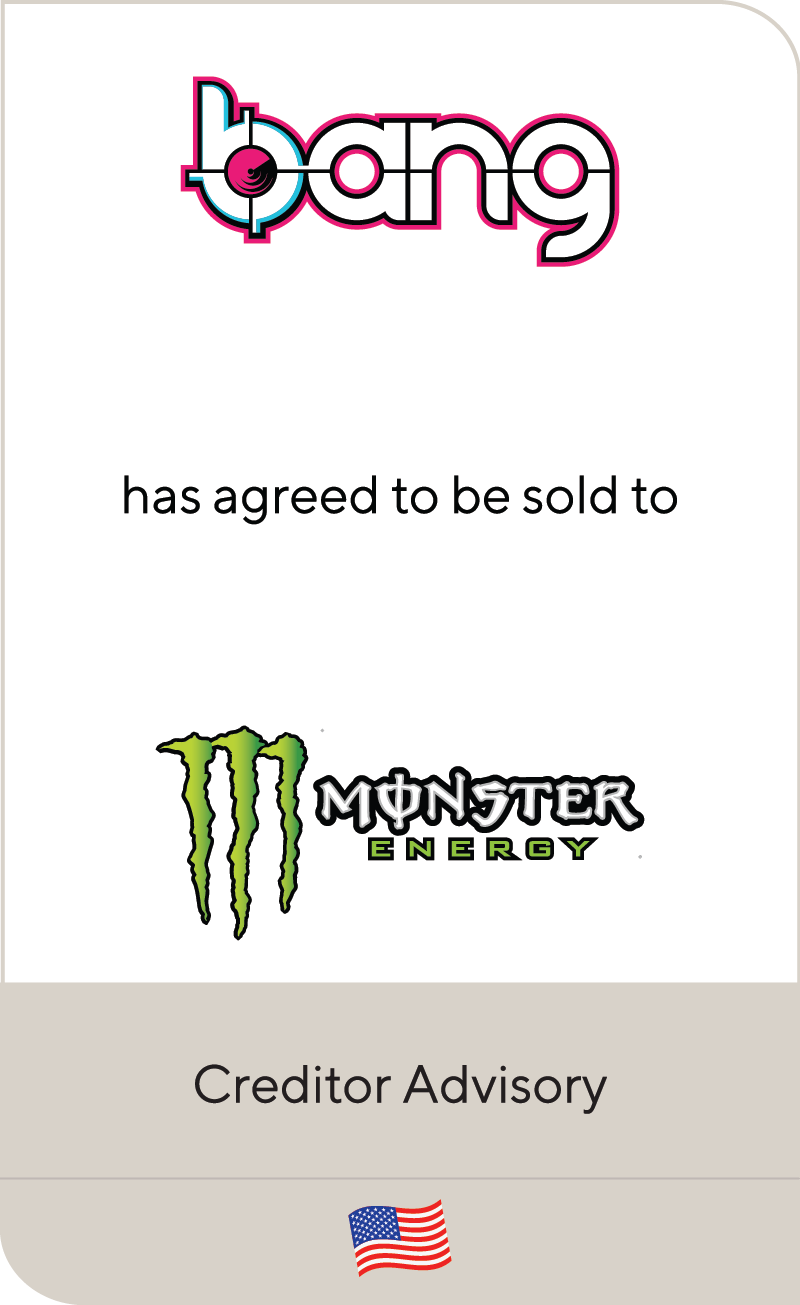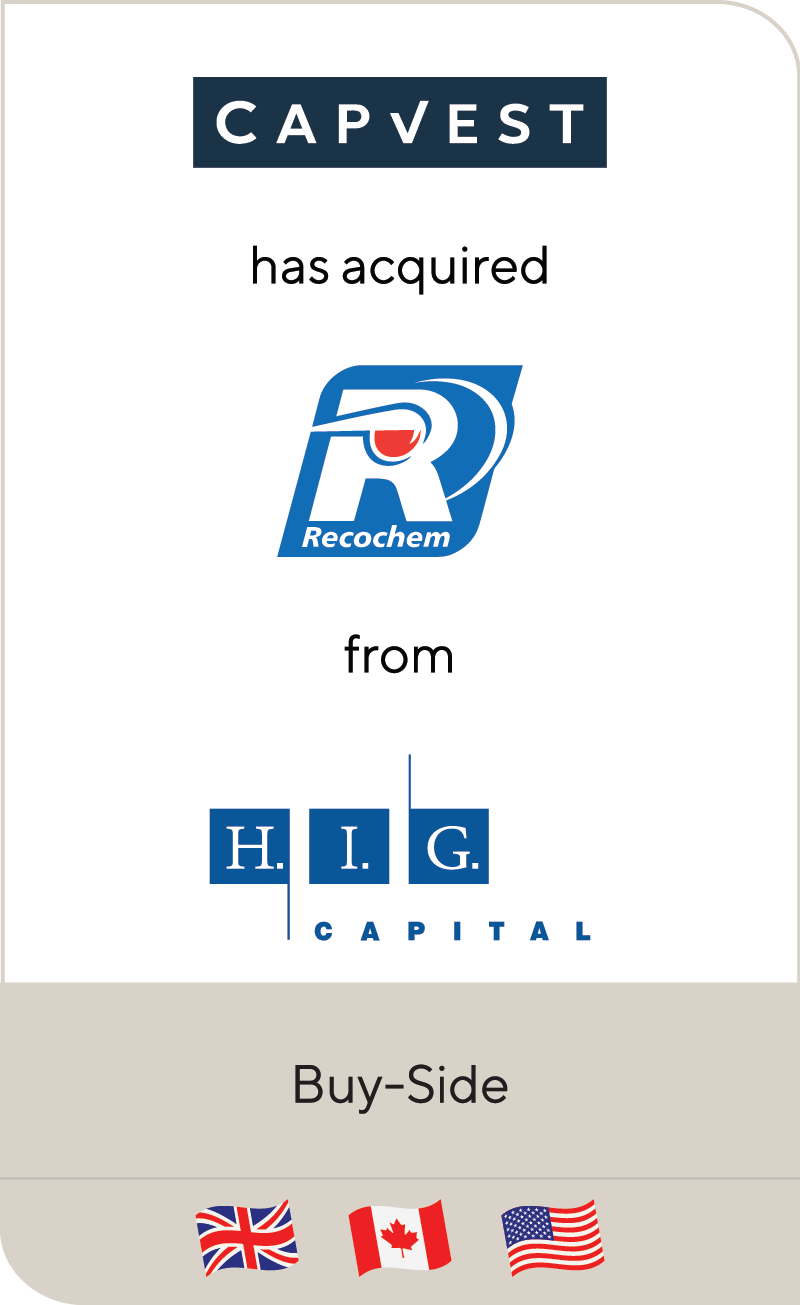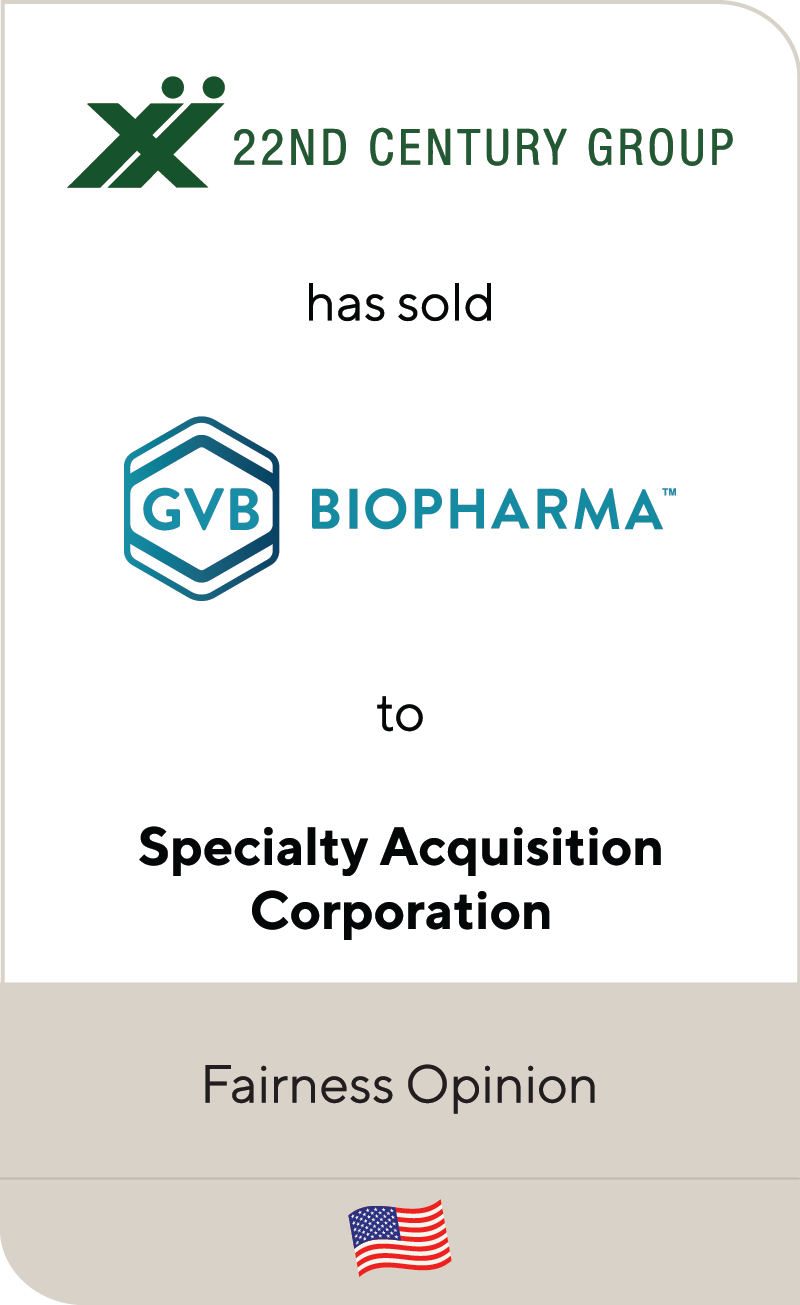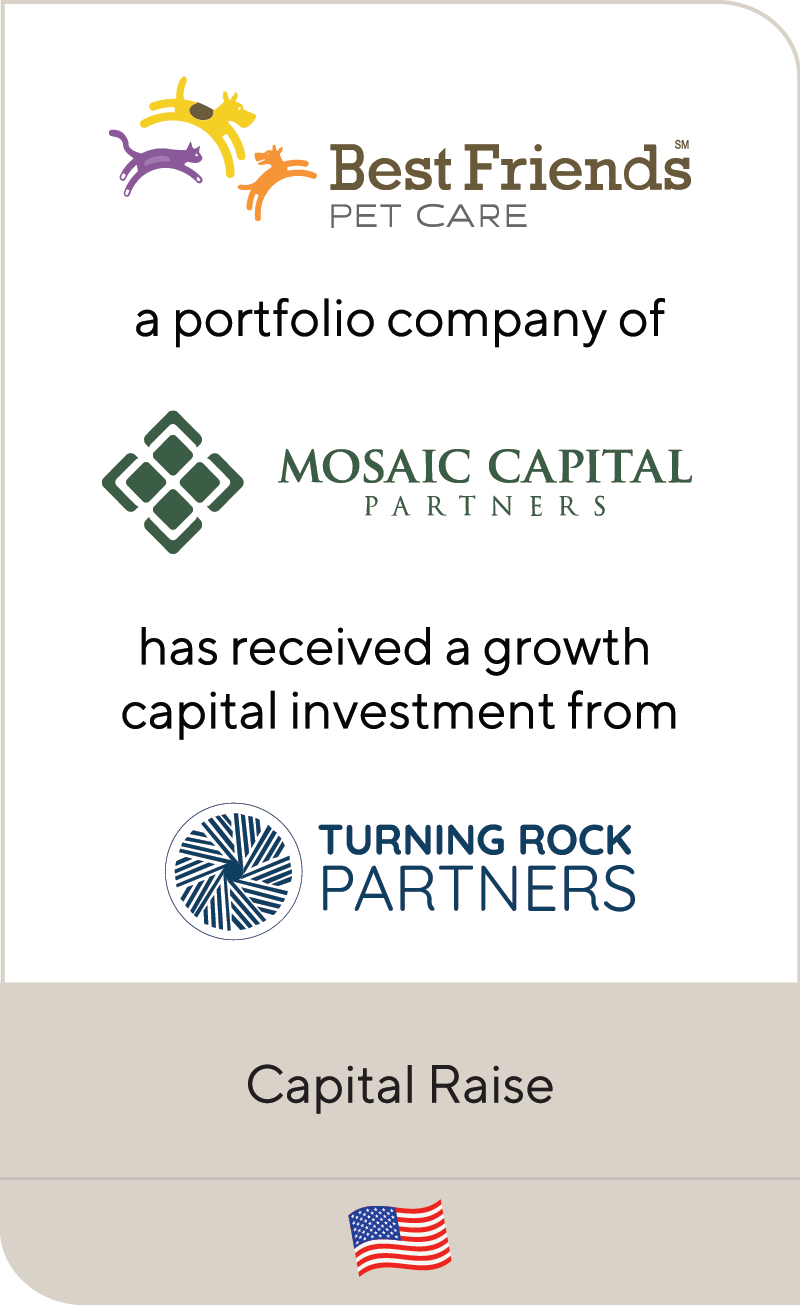Food Ingredients: Recipe for Premium Valuations
Mar 2023
| Buyers have a hearty appetite for value-added ingredient companies, and that craving has only intensified in recent years. The ingredients space is broad and fragmented across the U.S. and globally – leading to an increasing interest from strategic buyers and private equity (PE) investors alike.
The ingredients category ranges from unique flavors and natural preservatives to probiotics providing functional benefits to inclusions that elevate texture and palate. The sector is fragmented with many small, privately owned businesses, yet it is ripe for growth. Elevated consumer expectations, evolving food science and increased customization are at the forefront of growth within the industry. Many companies in the space have high growth and valuation potential. For example, some of Lincoln International’s recent transactions have resulted in valuations approaching 20x EBITDA and above. Strategic, public acquirers are willing to acquire targets at a premium because they also trade at lofty valuations and see a path to drive continued sales growth with their expanded, international resources. Additionally, strategic acquirers place significant value on innovation capabilities, and they (and their shareholders) view acquiring a proven innovator as safer than building such capabilities. Meanwhile PE has also taken an interest due to the recent tremendous growth, meaningful whitespace and future opportunities for high-value strategic exits. |
Summary
-
Lincoln International's Consumer Group discusses the factors that make targets more attractive for investment in the ingredients sector.
- Click here to download a printable version of this perspective.
- Sign up to receive Lincoln's perspectives
Lincoln’s Value Drivers for Ingredients M&A
The food ingredients industry contains many opportunities for both sellers and investors. When we discuss sell-side or buy-side opportunities with clients, we are frequently asked for our perspectives on the business and financial attributes that position an ingredients company for outlier mergers and acquisitions (M&A) outcomes.
Ingredients companies considering a sale should assess the following factors that make targets attractive for investment.
| Technical R&D expertise and collaboration with customers As food manufacturers and foodservice businesses outsource their innovation, the demand for companies with technical R&D expertise has grown meaningfully. Customers rely on their ingredient partner to achieve a specific objective (e.g., unique taste, nutritional benefits, longer shelf life, cleaner label, etc.) that differentiates a finished product and appeals to the end consumer. Ingredients companies offering a greater degree of technical capabilities enjoy more defensible customer relationships and revenue streams. |
| Formula ownership Ingredients companies providing R&D services should strive to retain ownership of their formulas whenever possible. Formula ownership insulates the ingredient company from competition and replication, further enhancing value. |
| Low cost, high value-add With differentiation and greater consumer appeal, the food manufacturer or foodservice business is able to charge a higher price for its products. However, the ingredients that provide the differentiation are often only a small fraction of the overall cost of the finished product, leading to a less price sensitive customer. For example, the sauce on your favorite chicken sandwich may be what you remember most from your experience, but is a low cost relative to the other ingredients. |
| “Sticky” customers The best ingredient companies have very “sticky” customers because of high switching costs. These customers are unlikely to risk upsetting their end consumers by changing the ingredient specifications of a proven and sought after product. Product quality, responsiveness and a history of successful collaboration further solidify the relationship. |
| “Land and expand” opportunities Once the ingredient company proves its ability to innovate for its customer, the underlying trust and track record of success leads to additional opportunities. Responsive research teams with quick turnaround times, high-service levels and strong first sample win rates are a further driver of account penetration. |
| Actionable sales pipeline In assessing future growth, investors spend considerable time validating the pipeline of the target company. Therefore, owners / entrepreneurs or PE firms that want to sell their business need to show a credible sales pipeline and historical track record of conversion. Furthermore, the company should track the sales pipeline over time to understand and explain critical factors such as seasonality, probability of conversion and expected timing of new business. Successfully demonstrating the certainty of the pipeline increases a buyer’s ability to pay a forward-looking multiple reflecting the portion of the projected growth that is already “in the bag”. |
| Strong margins Formula ownership, low cost, high value-add ingredient solutions and customers with high switching costs often provide very attractive margins. EBITDA margins above 20% or significantly higher are not uncommon, driving appeal with investors who are confident of future growth. |
| Available capacity to support growth Many successful ingredient companies have very high historical growth rates, which naturally lead to discussions about future capacity. To ensure the company can continue to scale, it is prudent to adequately address capacity and expansion plans—preferably prior to M&A discussions. |
| Favorable underlying trends As described above, notable trends—such as unique flavors and health and wellness priorities—are driving long-term growth in many ingredient categories. Companies that align with those trends are experiencing dramatic growth, often 20% a year or even higher, and deserve higher valuations. |
| Numerous M&A opportunities in adjacent categories Food ingredient companies with technical differentiation often specialize in a subsegment of the overall category. Savvy investors—realizing the potential to serve food manufacturers and foodservice companies through a spectrum of offerings—often wish to expand customer relationships through M&A. An ingredients company with prior M&A experience and actionable acquisition opportunities will command a premium valuation. |
In light of the growth potential and substantial investor interest in the space, ingredients companies should evaluate the above financial and business attributes when determining how to capitalize on recent market trends. If you are considering selling your company, our food ingredients investment banking team can help assess the opportunities available to you.
Contributors
Professionals with Complementary Expertise

It’s an exciting time to advise clients in the consumer sector. Major changes in consumer preferences and how products are purchased create a rich environment for business owners and investors to succeed.
Dirk Damegger
Managing Director & European Co-head of Consumer
Frankfurt
I take a long-term approach to building relationships and understanding clients' businesses in order to provide timely and relevant advice.
Alex Masters
Managing Director & European Co-head of Consumer
LondonRelated Perspectives & Publications in Consumer

Lincoln International Managing Directors Recognized as Emerging Leaders
Lincoln International is pleased to share that The M&A Advisor named Managing Directors Adam Gifford, Brian Goodwin, Eddie Krule and Scott Molinaro as recipients in the Emerging Leaders Awards. These… Read More

Food & Beverage Market Update Q1 2024
The M&A market remained somewhat challenged during the first quarter; however, we experienced improved dealmaking conditions.

Consumer, Business and Economic Trends Align to Drive New Interest in Recommerce
Back in 2021, the recommerce industry seemed to have finally hit its stride, with the sector experiencing a surge in transactions, valuations and deal sizes. At the brink of becoming… Read More

The Fitness Investment Landscape
State of the Fitness Market: presented by L.E.K. Consulting Fitness Market Stabilization and Return to Growth Few industries were as negatively impacted by COVID-19 as the in-person fitness industry. Deemed… Read More

